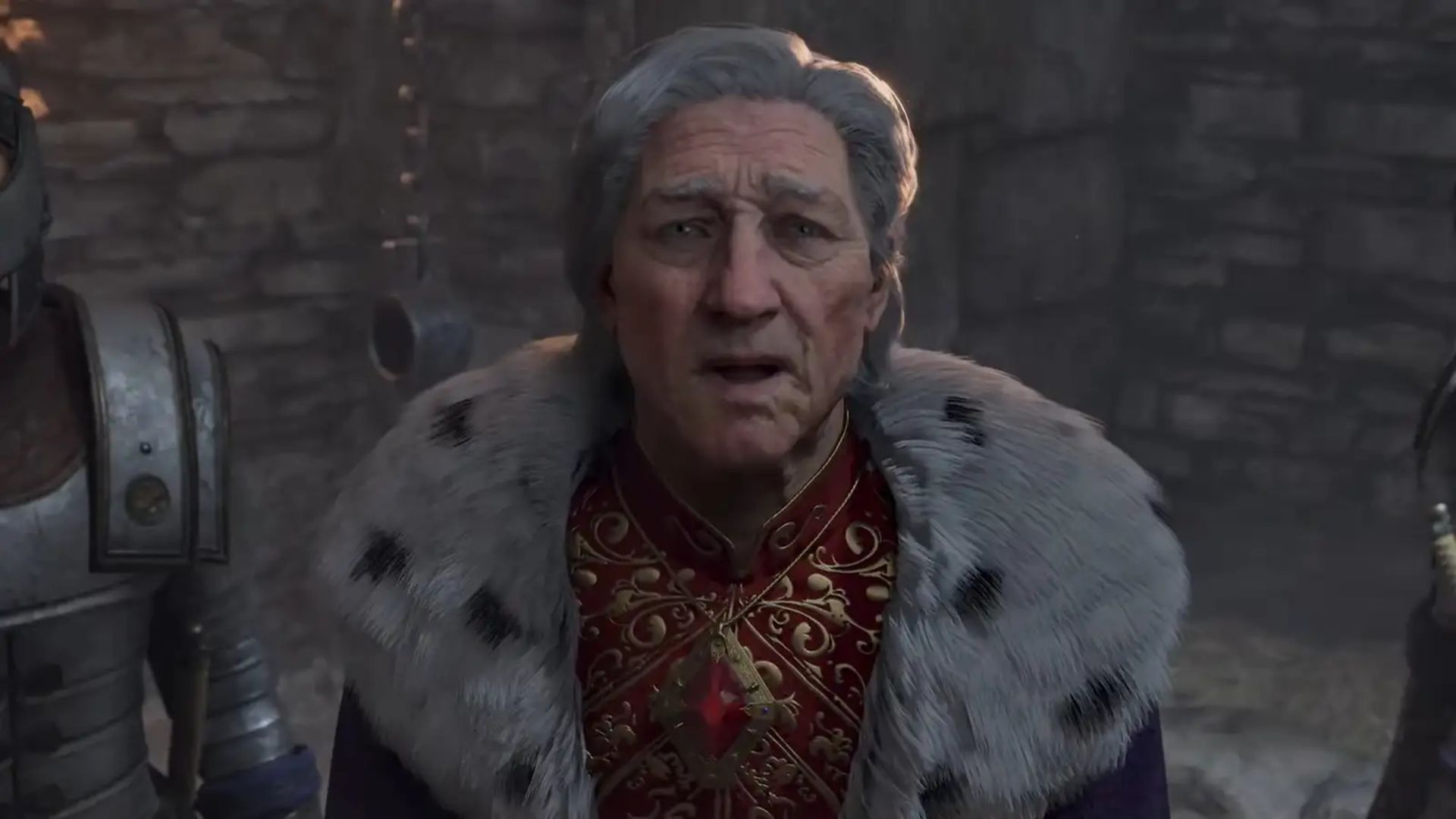
Tom Francis is a former PC Gamer writer and current game developer who offered to give us his thoughts on some of the GDC sessions he’s attending this year. You can follow the development of Tom’s next game, Heat Signature, at its official site.
80 Days is a globe-trotting game in which you play Phileas Fogg’s valet, so maybe its not surprising that writer Meg Jayanth’s GDC talk was about making protagonists less powerful. The title was ‘Forget Protagonists: Writing NPCs with Agency for 80 Days and Beyond,’ and she made a great case for two closely related points: that games give the player character too much agency, and other characters not enough.
Agency, here, means the power to change something if you wish. Jayanth is tired of game protagonists who storm through people’s lives solving every problem they have. It frequently doesn’t make sense, and it also robs those characters of their own agency: apparently they’re all helpless to decide or accomplish anything until you show up and do it for them.
Jayanth uses 80 Days to illustrate the alternative: as Passepartout, you travel the world and get involved in people’s stories, but “he rarely makes a choice for them”. If you meet people embroiled in a revolution, you can decide to support them or not, but you’re not going to liberate them in your stopover on the way to Boston. “You don’t get to lead the revolution if you’re not the one being oppressed,” is how Jayanth puts it. You don’t have to think long to come up with games that ignored that rule.

When a protagonist meets someone with a problem, she says, their relationship can be more like the ones we have with our real life friends. “You probably remember a time when a friend was going through something… and they told you about it. You listened to them, you might have even offered them advice. They might have even done what you suggested, or they might not have. That doesn’t really matter, you’re still part of that story. Your relationship isn’t based on the other person following your directives exactly… unless you have some incredibly unhealthy friendships.”
She didn’t cite it, but I kept thinking of that side quest in Mass Effect 1 where you can stop to resolve an argument between a bickering couple, Rebekah and Michael, about a parenting dilemma. It’s been mocked as a ridiculous thing for a space commander to stop and resolve. But it’s also ridiculous that a space commander can resolve it, that you even have that power. Why would they let you decide something so personal to them? BioWare even ridiculed themselves for it in Mass Effect 2: you run into Rebekah and Michael again, having a new argument. This time you can’t help, but Michael mocks Rebekah: “Maybe we should ask random people on the street what they think?”
So reducing the player’s agency—their power to decide things for others—gives NPCs room to have agency of their own. And that’s especially important if they’re romantic interests. As Jayanth puts it: “How can we believe in a character’s romantic desires if they don’t have any other kinds of desires?” Jayanth says Dragon Age 2 does it especially well—spoilers follow.
How can we believe in a character’s romantic desires if they don’t have any other kinds of desires?
Anders, one of your many companions and optional love interests, is lying to you. For much of the game, whether you’re reluctant companions or madly in love, he’s sneaking around behind your back. “Instead of having an affair and cheating on you, he turns out to be plotting a terrorist atrocity.”
“And what I love about this,” Jayanth continues, in a sentence that doesn’t often follow the words ‘terrorist atrocity’, “is that there’s no way to stop him, or to convince him out of it, or even find out what the plan is, no matter how many times you shag.”
“If you’re romancing him, the other characters give you, the protagonist, a hard time about the fact that your boyfriend’s a secret terrorist. Which is fair enough.”
“Usually in games the protagonist’s actions ripple out into the world, and the entire game is about seeing the consequences of your choices. But in this instance you’re the one stuck with, and having to cope with, the consequences of an NPC’s actions.”
I loved the writing in 80 Days, and Jayanth’s talk shed a lot of light on why. I would have said it was Passepartout’s polite, sometimes meek demeanour. But that’s part and parcel of the more important dynamic I hadn’t noticed: that the other characters have strong wills, and things going on in their lives that are not just there for you to fix and feel good. It makes the world feel bigger and richer when you’re not the most powerful person in it.


